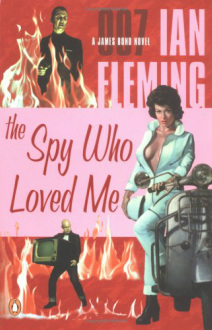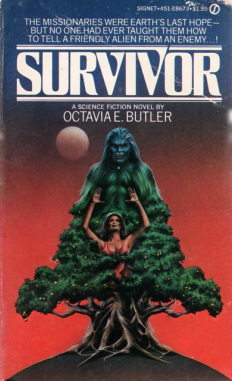________________________

By Madeleine Monson-Rosen and Charlie Jane Anders, i09.com
1) Ian Fleming, The Spy Who Loved Me
Fleming wrote this novel, in which James Bond is basically a secondary character, in an attempt to caution his readers against making Bond into too much of a hero. Fleming said he wanted to make Bond's misogyny apparent after being shocked to discover that his Bond novels were being taught in schools. This "experiment," Fleming wrote to his publisher after the book received overwhelmingly negative reviews, had "obviously gone very much awry," and Fleming attempted to keep the book out of print. After Fleming's death, however, the value of his backlist overwhelmed the author's wishes, and The Spy Who Loved Me came back into print.

This 1978 novel is the only one of Butler's works to remain out of print. She disowned it and let it stay buried, because she felt it depended on the worst cliches of science fiction:
When I was young, a lot of people wrote about going to another world and finding either little green men or little brown men, and they were always less in some way. They were a little sly, or a little like "the natives" in a very bad, old movie. And I thought, "No way. Apart from all these human beings populating the galaxy, this is really offensive garbage."
People ask me why I don't like Survivor, my third novel. And it's because it feels a little bit like that. Some humans go up to another world, and immediately begin mating with the aliens and having children with them. I think of it as my Star Trek novel.
While Butler never stopped using science fiction tropes as allegories, she stayed away from the stereotypes invoked in Survivor after that.
Find out which other famous books were rejected by the authors who wrote them here.
 RSS Feed
RSS Feed